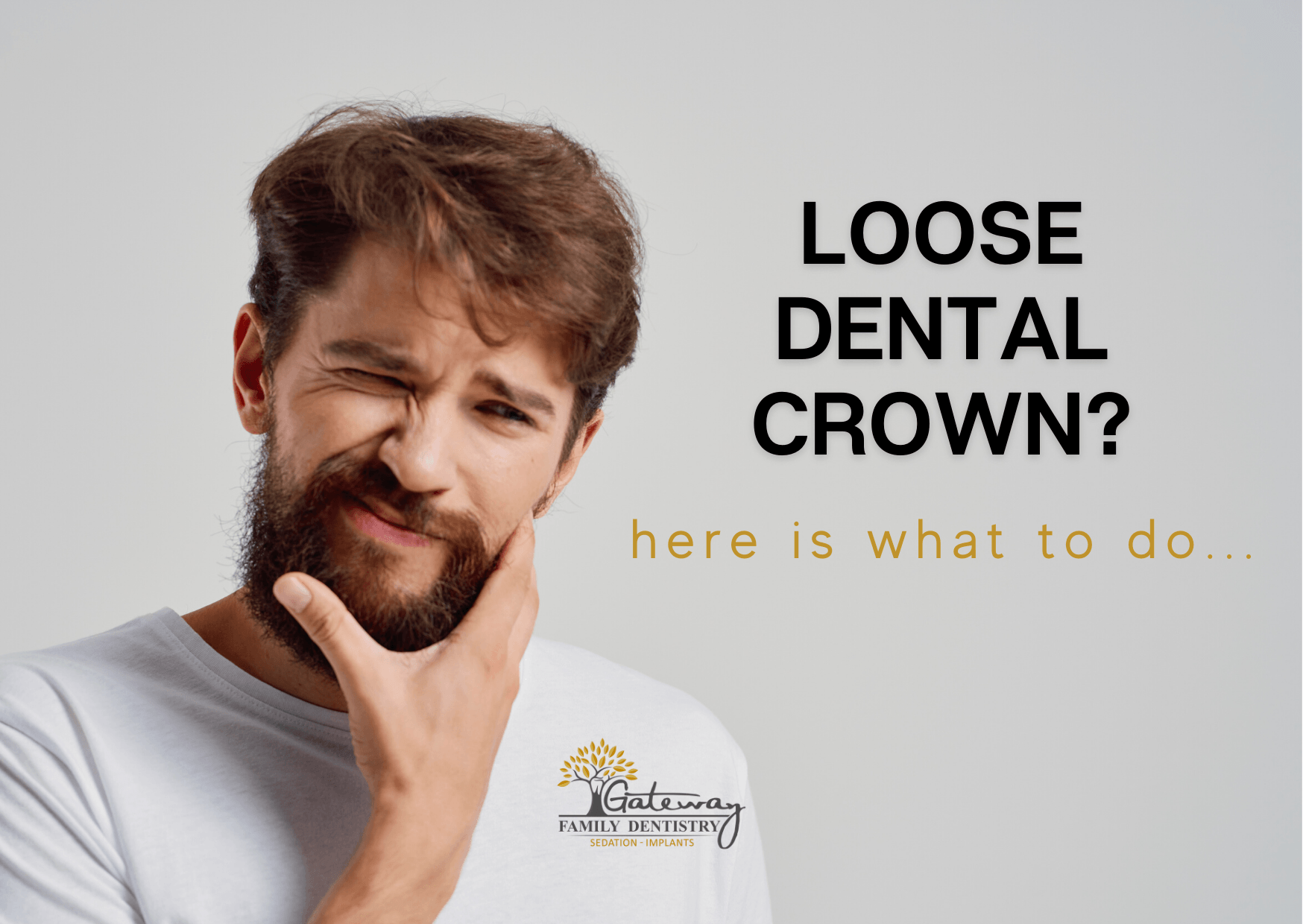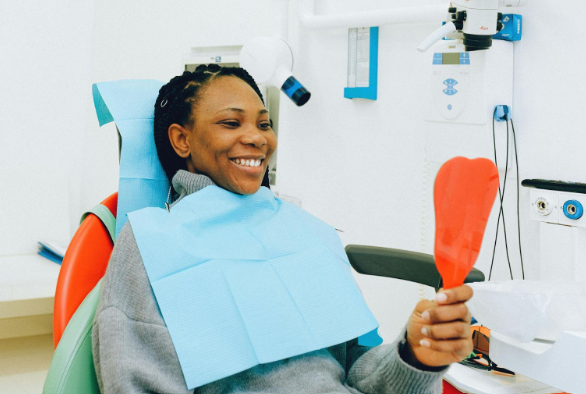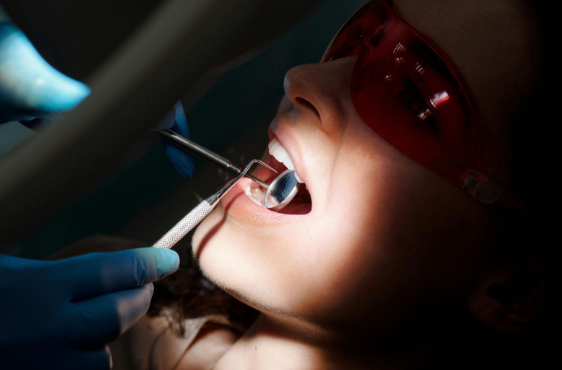Gateway Family Dental Blog
What to Do If Your Dental Crown Is Loose

A dental crown is essentially a cap that fits over a damaged or decayed tooth to help restore natural appearance and function. If you have a crown that becomes loose, it's essential to get it fixed to prevent any further damage. Read on to know what to do if your dental crown is loose.
What Causes a Loose Dental Crown?
Unfortunately, our teeth can be subject to a lot of wear and tear. For example, many people grind or clench their teeth at night; some do it without even realizing it, which can lead to the loosening of a dental crown. If you suffer from jaw pain or tightness in the morning, you may be grinding your teeth.
Another cause of loose dental crowns is tooth decay. When a tooth has a cavity, its structure is compromised, causing a shift in the dental crown. Trauma to the tooth, as well as eating sticky foods, can cause a dental crown to become loose. In some cases, a dental crown is affected because the dental cement weakens over time.
Signs of a Loose Crown and How to Treat It
You may notice a strange sensation or pain in the affected tooth or feel the crown moving with your tongue. Other signs that indicate your dental crown may need a tune-up are sudden sensitivity to food or temperature changes, food getting stuck between your crown and your gums, or a crack in the crown.
If you suspect that you have a loose dental crown, make an appointment with your dentist right away. Until the appointment, avoid touching and wiggling the crown as much as possible as this can damage the crown. Stay away from sticky and crunchy foods and use over-the-counter pain relievers as needed.
What to Do If Your Dental Crown Falls Out
If you have a dental crown that has fallen out, find the crown, rinse it well, and take it to your dental appointment. If it is undamaged, your dentist can most likely re-cement it into place. Avoid sticky and crunchy foods and keep the area clean with an antiseptic rinse.
How Does a Dentist Treat a Loose Dental Crown?
First, the loose crown will be removed. Then, the tooth will be examined. If the tooth is broken or damaged, the dentist will need to fix it with filling material. In this case, a temporary crown will be installed while a new crown is made.
If the crown is undamaged and the tooth underneath is in good condition, a dentist can simply clean and re-cement a loose dental crown. However, if the crown is damaged, it cannot be put back into place, and your dentist will need to create and place a new dental crown.
How to Prevent Loose Dental Crowns
Though dental crowns are made of durable material, the cement can only hold for so long. Older crowns need to be re-cemented up at some point, regardless of the precautions you take. To get the most out of your dental crown, use caution when eating sticky or hard foods and follow good oral hygiene habits, like brushing twice a day and flossing. If you grind or clench your teeth, your dentist may recommend using a mouth guard.
Of course, it's also vital that you stay up to date with your routine dental care appointments. Call Gateway Family Dentistry for more information and to schedule your next dental checkup.




